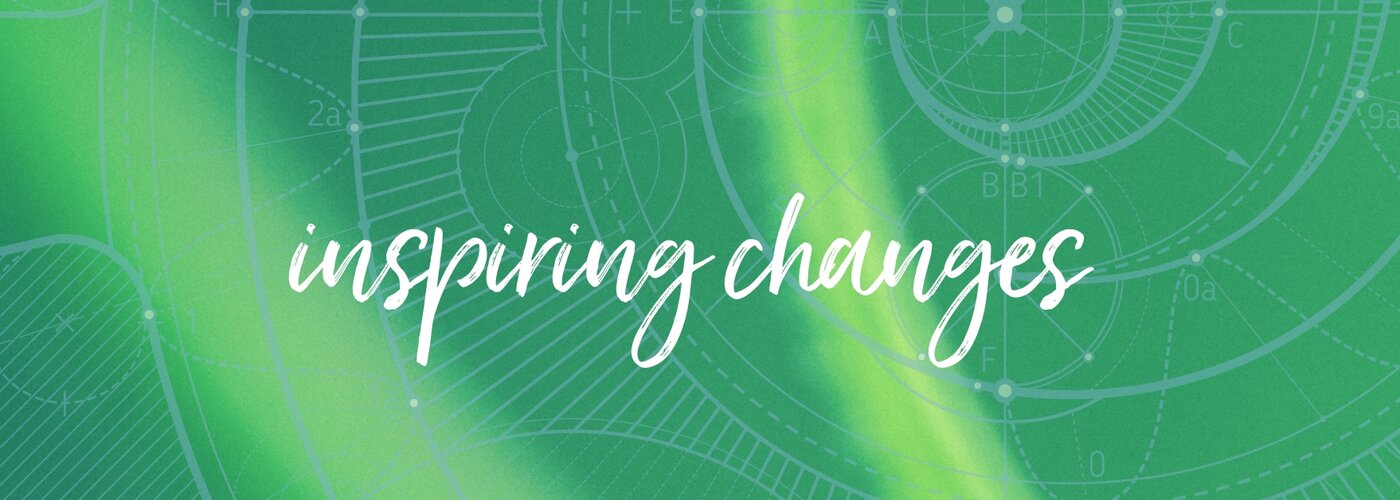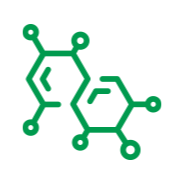
PLASTIC PACKAGING TODAY

Plastic has been the most popular material used in packaging since the early 20th century.
With the growth of its popularity, the plastic waste impact on the environment has increased significantly.
Less than a third of Europe’s plastic waste is recycled nowadays.

Based on the Eurostat, in 2014 each EU citizen generated 26 kilos of plastic packaging waste, but only 9 kilos of these waste were recycled. Every day plastic waste end up in landfills or, what is worse, leak into the environment, the seas and oceans.
According to study by the National Center for Ecological Analysis and Synthesis it is a gigantic amount of 5 up to 13 million tons per year! Plastic waste stays there for hundreds (bags) or even thousands (bottles) years damaging nature and whole ecosystems.

There are many benefits of using plastics in food packaging industry. From avoiding food waste, to allowing food stay fresh longer, plastic protects against contamination while providing a barrier against microbes, moisture and UV rays. Production of plastic packaging requires less source materials than alternative packaging.
After use, it can be recycled many times, re-processed or recovered as energy, thus helping save on fuel and natural resources.
CALL FOR ACTION

In our demanding times and drive to protect our planet, we need to improve on waste management and start treating plastic as valuable resource.
The Circular Economy represents an alternative, more sustainable model to the traditional linear economy. The concept is focused on minimising the impact of human activities on the natural environment by reducing waste to increase of productivity, lowering the usage of primary raw materials and reduction of carbon footprint.
The Circular Economy turns challenges into opportunities, by positively influencing innovation, competitiveness of enterprises and creation of new jobs.

In January 2018 the European Commision unveiled first ever First-ever Europe-wide strategy on plastics – the document which sets out to reduce single-use plastics and restrict microplastics as well as to ensure that all plastic packaging sold in EU is recyclable by 2030.
The new plastic strategy seeks to transform the way products are designed, produced, used and, of course, recycled in the European Union.
The goal is to protect the environment by:
Making recycling profitable for business,
Curbing plastic waste,
Stopping littering at sea,
Driving investment and innovation,
Inspiring change across the world.

Most plastics have different processing requirements making the use more challenging. For example materials contaminated even with small amounts of other types of plastic or other waste streams are difficult to recycle.
Improvements of the waste management practices and particularly the increased levels of separate waste streams lead to cleaner yields with smaller levels of contamination from hazardous substances, biowaste and non-plastic materials. Unfortunately still a landfilling and incineration, with or without energy recovery, remain the cheapest treatment methods of plastic waste. Further R&D efforts are required for sorting and recycling, which are highly affected by the design of products and performance of the collection schemes, especially in case of mixed waste and in general waste with high contamination levels.

The increased complexity of packaging is often reinforced by higher requirements on the health safety, especially in relations to food-contact applications. It contributes to high level of contamination of the collected waste that reaches the sorting and recycling facilities.
Front-running industries are improving their performance through better design for recycling and increased use of recyclates in their products.
A key factor in plastic packaging design is sustainability. To see the plastic as a valuable resource, the starting point has to be the need for wider understanding of the issues involved: to the traditional parameters of form, function and cost a "recyclability" must be added as an equally important aspect.
CIRCULAR PACKAGING DESIGN

Facing new challenges, inspired by the Plastics Strategy, seeing limitations and opportunities, we have decided to gather a group of experienced specialists, who think outside the box and have created Circular Packaging Design. Its aim is to design packaging for the future and to develop new, made-to-measure solutions, that meet requirements of European strategy for plastics in circular economy. Our mission is to turn these challenges into opportunities and make the „circularity” and recyclability of plastic packaging real.


Our innovative solutions arose from shared passion for perfectly designed packaging. We believe that using less raw materials can bring more benefits.
Our R&D Department works on the following aspects:
Increasing proportion of recyclable multilayer materials in food packaging.
Increasing the share of recycled raw materials in the production of new packaging.
Simpler packaging - designed to use less raw materials and to be 100% recyclable.
Using of compostable materials in the role of single-use packaging.

Today, the main market challenges are low penetration of recycled plastic products and inefficient waste segregation. Adoption of recyclable or eco-friendly packaging is one of the methods to combat greenhouse gas emission.
Even small changes can make a greater impact on a larger scale. We believe, that our solutions will change the way we use plastics now.
IN JANUARY 2018
EUROPEAN COMMISSION HAS PUBLISHED
THIS DOCUMENT AND EU ACTION PLAN INSPIRED US TO SUPPORT OUR CLIENTS IN TIME OF CHANGE
READ PLASTIC STRATEGY DOCUMENT HERE
OUR TEAM
Created by professionals that inspire others - a team of experienced specialists and scientists in the field of plastics processing, material engineering and designing.
Our passion for perfection combined with unique skills are put to action with challenges of making Plastic Strategy a reality.
Contact us to find out more on how we can change the world of plastics together.
CONTACT
OUR ADDRESSES
Mysłowicka 5 | 01-612 Warszawa | Poland
Tamka 16 | 00-349 Warszawa | Poland
17 rue Dupin | 75006 Paris | France
Friedrichstr. 171 | 10117 Berlin | Germany
PHONE +48 22 828 04 15 | GLOBAL EMAIL biuro@cpdesign.expert